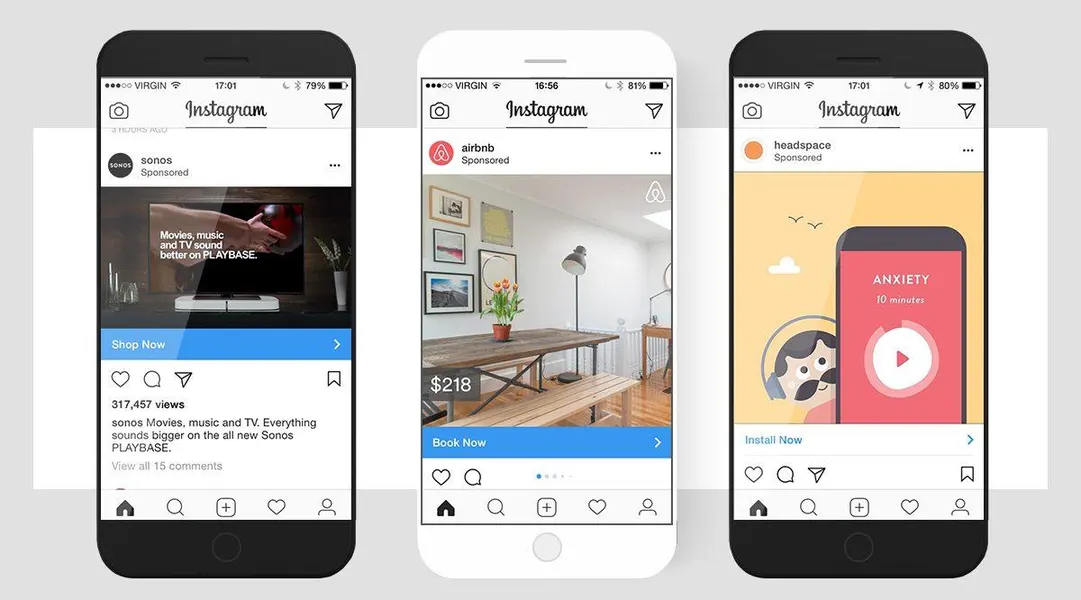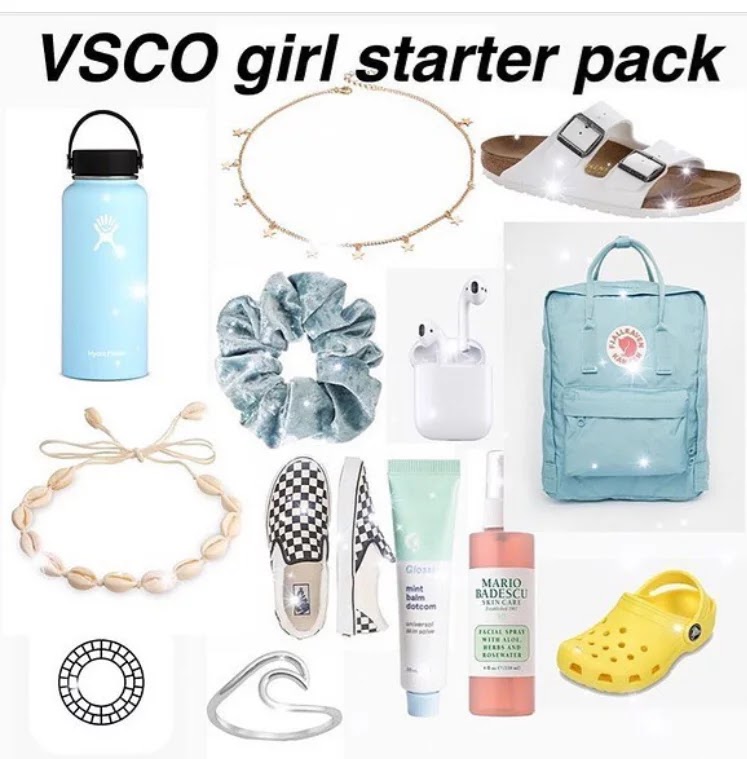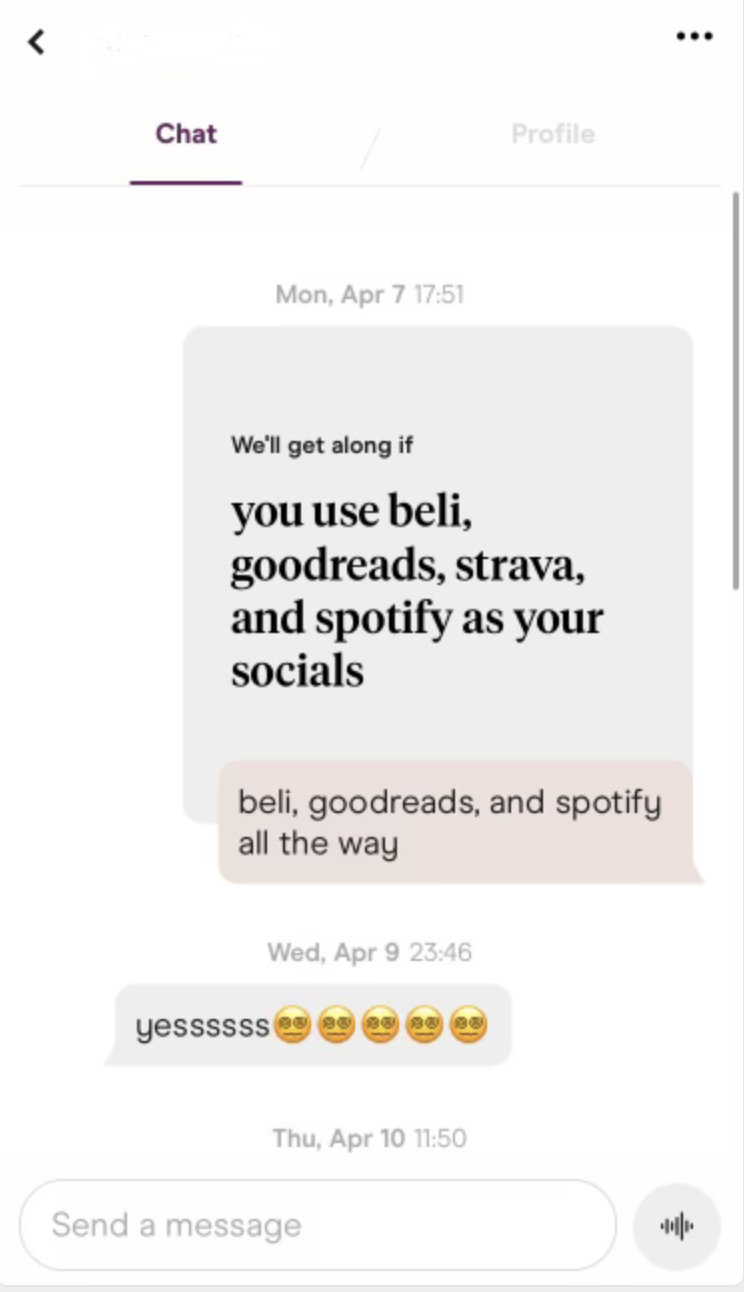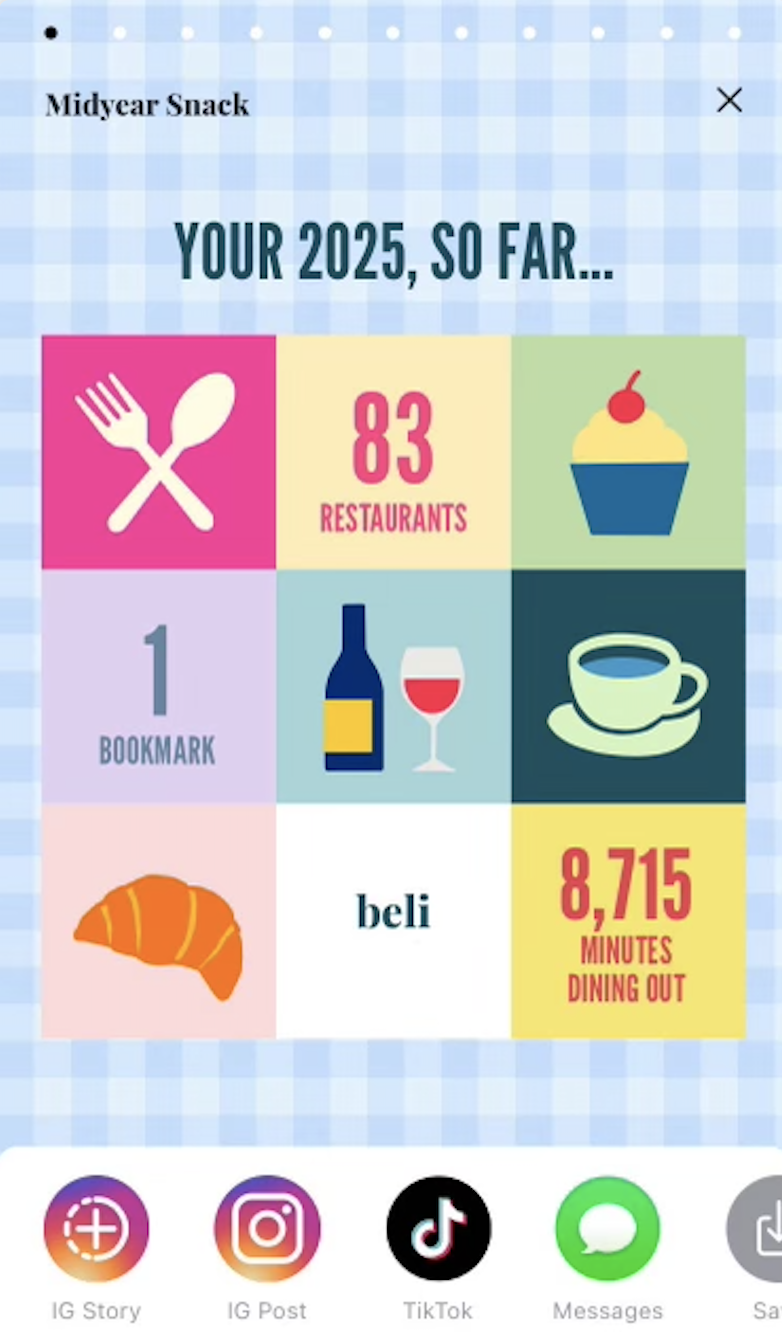.png)
.png)
A few months ago, I met a girl we’ll call Samantha. When Samantha heard where I worked, she perked up. “Do you know Drew?” she asked. “They also work there.”
“Ohhhhh,” I said. “You’re Samantha Samanthason from Drew’s Venmo!”
What does this say about me? Maybe that I’m a stalker. Maybe that I need to work on my social skills. Or maybe that Gen Z exists in so many online spaces that we are redefining the role that privacy can and should play in our lives.
The privacy-social media debate started well before I was a conscious human being with thoughts. Social media started as a way to share everything in your life with your close friends. And I do mean *everything* - your meals, your relationship drama, your giant hundred-picture photo albums from your family vacations. Honestly, I wish I was there to experience the full glory of millennial oversharing, complete with the somehow socially accepted practice of ranking your friends (???). But, at some point, people realized that posting their entire lives online had consequences, and suddenly everyone freaked out about their data.
Maybe that’s why Gen Z grew up more conscious of social media than our older cousins, the millennials. As a kid, I was constantly dragged to school assemblies where adults warned me about the consequences of social media. But I think part of it is that we grew up with Big Brother Social Media being normal. We understand it enough to know that online spaces have real-world consequences - or we learned it the hard way. At the same time, we aren’t scared off by the vague concept of data. Data is just what we pay for a service that becomes increasingly necessary in the modern world. “I know they’re tracking me,” Anna, 2003, told me. “But the worst they can do is give me targeted ads. Sometimes, I actually enjoy those ads and find useful things to purchase from them.”

Gen Z is more aware than ever that social media is less like an online slumber party with your friends and more like a social resume. When I was in high school, I went to a conference where the presenter asked how many followers everyone had. When a few people raised their hands for having over a thousand followers, the woman asked, “And do you know all of those people personally?” But this simply isn’t the point of mediums like Facebook and Instagram anymore. Social media is how you evaluate potential roommates, friends, and significant others. It’s not meant for only close personal connections - and the way we use it has adjusted accordingly. “There’s a big barrier to posting on Instagram. You have to think harder about what you’re posting because everyone sees it. It’s like your digital footprint,” Jacob, 2003, told me. Curating your social media image isn’t any more vain than curating your LinkedIn profile - it’s a necessity in a world where the line between online and real-world spaces doesn’t exist.
Meanwhile, as traditional social media becomes more and more public, Gen Z yearns for a way to actually connect with the people we care about. I don’t want my five hundred Instagram followers to know about the really good chocolate cake I had last week, but I do want my close, long-distance friends to share my joy. And naturally, where there’s a need, there’s an app. So many apps have claimed to be alternatives to mainstream platforms that provide real connection. In high school, everyone praised VSCO as a supportive online space for women. Then it turned into a meme, and everyone flocked to new platforms. BeReal promised actual connection because you had to take the picture at a random time of day. Lapse promised actual connection because you couldn’t change or edit the photo before posting it. And these platforms worked - for a while.

The problem with these smaller social media apps is that, at their core, they’re not that different from mainstream social media. Sure, they have their gimmicks that force you to “BeReal”. But they’re still generic platforms for sharing your activities with your friends. It gets annoying and redundant if you have to post the same friend coffee date on your Lapse and your BeReal and your Instagram. It’s just another thing to do. One of my friends recently admitted to me, “I never take my BeReal when it’s actually time to do it because I’m never doing anything interesting. I’m just working.” And because these apps offer literally nothing else except social connection (I mean, Instagram at least has reels), there’s no reason to log on if your friends no longer use the platform.
The solution is not another social media catch-all copycat. As one of my Hinge matches put it: “We’ll get along if you use beli, goodreads, strava, and spotify as your socials”. Hyper-niche social media spaces have become the new way to maintain real connections with close friends. These platforms are far more private and intimate. I follow about 500 people on Instagram and about 25 people on Spotify. Frankly, I don’t care what music all 500 people on my Instagram are listening to. If I am following someone on Spotify, I have actively talked to them and gotten their profile from them. And because these people already know me, I don’t worry about what impression I am putting out there.

These hyper-specific apps can be specialized to the content they focus on. “You can have a foodstagram, but it’s not as convenient,” Jacob told me. “Beli is able to support that a lot more. You can bookmark places, you can find places, everything is geared specifically for that interest. At the end of the day, I just need one place to vent my food niche stuff and it’s more worthwhile for me to do it on Beli than Instagram.” These specializations distinguish them from generic social media and make them about more than just sharing your life with your friends. My friends use platforms like Letterboxd and MyAnimeList as a social media, but they also use it to keep their own records of what they have watched. It feels more meaningful to read a book or watch a movie if I am recording it. I’m not wasting my money going out to eat - I’m maintaining my *streak*, logging some form of my life to fight off the quarter-life crisis.

My parents might freak out if they knew I gave these apps every detail of what I eat, read, watch, and listen to. But Gen Z is not afraid of data - we just use it as we want to use it. I don’t share my entire life with the whole world. But if my friends wanted to, they could piece together very intimate details of my day. My friends can see when I’m simping over a guy based on what songs I’m listening to. My sister texts me about the books she sees that I’m reading. But I’m receiving that same level of trust and vulnerability in return, even if it’s finding out what my friend *really* thought of that restaurant I took us to.
These apps are not going to replace mainstream social media like Facebook and Instagram, but they’re not going to fade away, either. In fact, the era of hyper-niche social media is just beginning. At some point, Spotify is going to realize what they’re missing out on and step up their game - or continue to get outshined by platforms like last.fm. We’ll see apps to share the clothes we wear, the places we visit, and the games we play. Maybe Venmo will even realize that people lowkey use it as a social media and start ramping up their social features instead of trying to convince everyone to buy crypto from them. And, eventually, Gen Alpha (or Gen Beta) will write an article about how cringe all of these apps are. “Remember when Gen Z put their life story in their Venmo requests?” they’ll ask. “How embarrassing.”
Sources
